- Controversies reflecting crude political behaviour of state actors
By ODIBASHI OKOSUN
The resumption of vacation in London, the United Kingdom, for medical follow-up by President Muhammadu Buhari on Sunday, May 7, 2017, has continued to generate controversies over the constitutionality of the President’s approach. While some stakeholders in the polity argue that the content President Buhari’s letter to the Senate is ambiguous, others think otherwise.
Before the President proceeded on the vacation overseas, there were subtle political maneuvers to compel the President to declare his health status. Ironically, President Buhari, himself, and the Presidency had admitted the protracted ailment that has been slowing down government activities. Certain forces in the civil society under the guise of activism also attempted to beguile President Buhari to heed his doctor’s advice and proceed on medical vacation overseas.
These political intrigues accentuated the conjectures of certain forces in the polity on the health status of the President which were in negative narratives.
The controversies generated by the President’s letter to the Senate on his medical vacation to the UK reflect the depth of crudity in the political behaviour of state actors in Nigeria. Thus, on one polar axis, the debate is perceived to be unnecessary; on the other divide, the debate may be considered germane because of certain precedents.
President Buhari had on Sunday transmitted a letter, dated May7, 2017, to the Senate indicating: “In compliance with section 145 {1) of the 1999 constitution, as amended, I wish to inform the distinguished Senate that I will be away for a scheduled medical follow-up with my doctors in London. The length of my stay will be determined by the doctor’s advice. While I am away the vice president will coordinate the activities of the government. Please accept the assurances of my highest consideration.”
The content of the letter shows that President Buhari duly complied with the constitution as required; which mandates the President to communicate his intention to proceed on vacation or otherwise; then, the constitution assigns roles.
Section 145 which President Buhari cited in compliance succinctly stipulates the circumstance there could be an “Acting President during temporary absence of President.” It prescribes that: “Whenever the President transmits to the President of the Senate and the Speaker of the House of Representatives a written declaration that he is proceeding on vacation or that he is otherwise unable to discharge the functions of his office, until he transmits to them a written declaration to the contrary, such functions shall be discharged by the Vice President as Acting President.” All that the President is required here is to transmit to the National Assembly, then, the constitution defines what happens to his role thereafter. As soon that the letter is transmitted; acknowledged by the President of the Senate and presented on the floor of the Senate, the Vice President does not need the permission of President Buhari to assume the role the constitution has placed on him from that moment. The constitution is superior to the president.
That President Buhari indicated that the Vice President will coordinate activities of government is not out of place. Coordinating activities of government is applied science in governance. In the social science scholarship, the traditional responsibility or function of the President is to coordinate governance. Invariably, use of coordinate did not alter anything in the constitution relating to the status of the acting president.
Thus, Lai Mohammed, Minister of Information and Culture, and other members of the Federal Executive Council were right to say that the controversy was unnecessary distraction.
However, considering some precedents at that level of governance, there may be need to simplify the concepts in the letter.
One paradox may be that President Buhari may have transferred responsibilities without transferring executive powers to Vice President Osinbajo. Thus, while Professor Yemi Osinbajo could be coordinating the activities of government, he may not exceed the powers of the Vice President. Hypothetically, President Buhari may have travelled to London with executive powers while Vice President Osinbajo may be coordinating activities of government with nominal powers.
This may be the crux of the argument of Senator Mao Ohuabunwa at the Senate plenary last Tuesday when he raised a point of order that “there was no provisions in Section 145 of the 1999 constitution (as Amended) that says coordinating authority in the President’s absence.” He had insisted that the President, in his letter, would have been very clear in explaining the roles of who should take over by saying that Vice President Yemi Osinbajo should be in acting capacity and not the use of the word, coordinate.
“Mr. President, I don’t think in our constitution, we have anything like coordinating president or coordinating vice president. Is either you are a vice president or you are acting president and any letter should be unambiguous and very clear.
“So… this letter really does not convey anything because coordinating has no space or any place in our constitution. We have been having letters like this, you tell us it is the acting president and we know who to deal with as a Senate. …So… this letter, for me, is not right…” Ohuabunwa had contended inter alia.
However, the constitution assigns powers and roles to state actors; the President can only act within constitutional limits; this he did. This polemic seemingly reflected the reaction of the Senate Leader, Senator Ahmad Lawan.
Lawan had stated inter alia: “Mr. President … the point of order raised by my colleague and the explanation that subsequently followed shouldn’t have been and my reasons are simple.”
The Senate Majority Leader had declared, in part: “I still rely on the first paragraph of that letter which Mr. President wrote to this senate and read by the President of the Senate…” Having cited Section (145) of the constitution, Lawan declared: “Any other word in this letter or, indeed, anywhere else, is irrelevant. I, therefore, feel that Mr. President has done what the constitution requires him to do…”
Alhaji Lai Mohammed had subsequently substantiated Lawan’s argument when he remarked that the controversy was needless. He was cited to have stated” “It was needless controversy and just a distraction; the operating phrase is, ‘in compliance of Section 145(1),’ any other word used is not relevant.”
However, these arguments do not reduce Ohuabunwa’s contention to sheer frivolity.
It will be recalled that in 2010, at the point similar political episode played out during the late President Umar Musa Yar’Adua leadership; several political forces were intervening differently.
The Nigerian Governors Forum which Dr. Bukola Saraki, then, Governor of Kwara State, was the Chairman, merely conceded nominal roles to then Vice President Goodluck Jonathan, as Acting President. The NGF had instructed Jonathan to desist from adding the prefix “Executive” President; constrianed from exercising executive powers, embarking new projects but only continue with projects already started by Yar’Adua.
These and other political forces were at play till the President of the Senate, David Mark, mobilized his colleagues to adopt the “Doctrine of Necessity” that eventually transmuted Jonathan to President with executive powers on the eventual death of Yar’Adua.
This scenario symbolizes that Ohuabunwa’s fear or skepticism was rationale, though with limitations.
There was also a scenario during the military junta. Former Head of State, General Ibrahim Babangida, succumbing to pressures and anti-military resistant movements in the struggle over the June 12 presidential election in 1993, had appointed Chief Ernest Shonekan head of the Interim National Government (ING) but without executive powers.
IBB restricted Shonekan to organizing another presidential election within six months while late General Sani Abacha was the Commander-In-Chief of the Nigerian Armed Forces. The C-In-C which is traditionally associated with the head of the federal government was bestowed on Abacha who was heading the Nigerian Army. So, Shonekan had no executive powers as head of government. That was another absurdity, though there was no constitution except decrees regulating behaviours of state actors or government.
Meanwhile, a fundamental issue that may generate constitutional crisis later is the portion of the letter that says: “The length of my stay will be determined by the doctor’s advice.”
Some stakeholders are of the thinking that doctors in London cannot take the place of the constitution or public service rules in Nigeria on the length of time a state actor or public servant should be on vacation. They argued that, “Vacation is not an infinite relief in Nigeria’s public service,” adding that, “otherwise, imprecise timing of vacation may degenerate crisis of incapacitation of the president.”
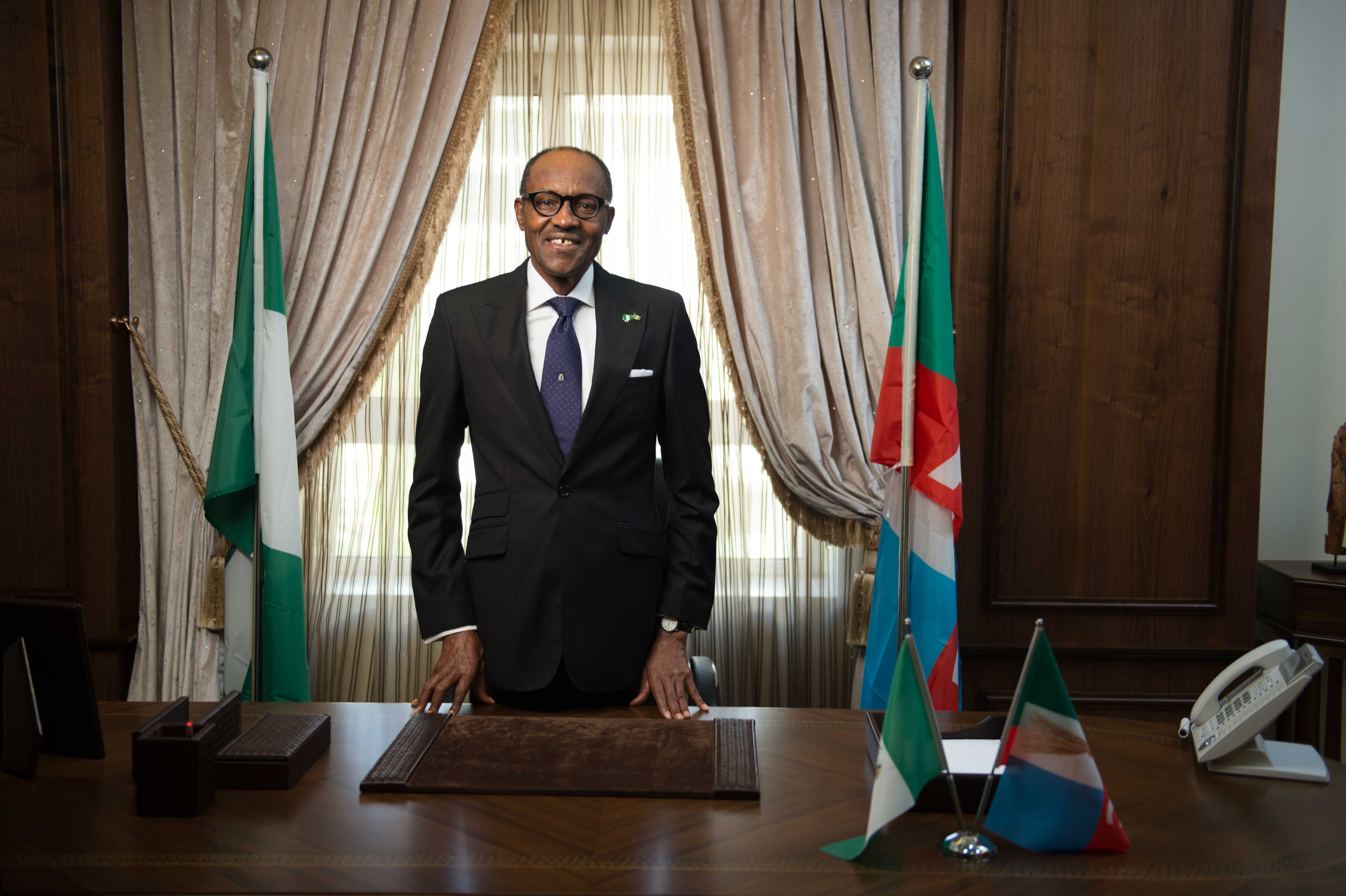
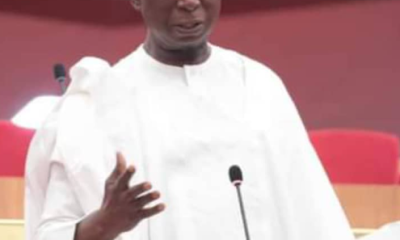

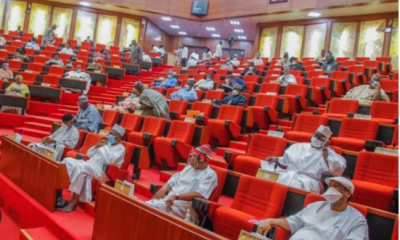

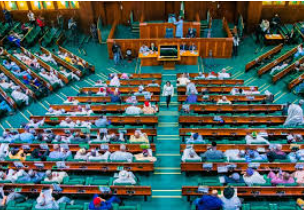

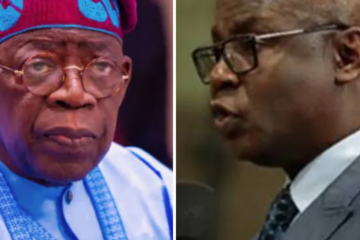

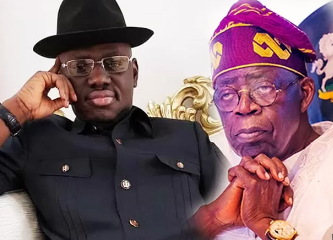

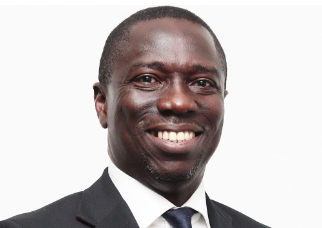


 Health6 days ago
Health6 days ago
 Crime7 days ago
Crime7 days ago
 Comments and Issues1 week ago
Comments and Issues1 week ago
 Latest1 week ago
Latest1 week ago
 Comments and Issues1 week ago
Comments and Issues1 week ago
 Football1 week ago
Football1 week ago
 Comments and Issues1 week ago
Comments and Issues1 week ago
 Comments and Issues1 week ago
Comments and Issues1 week ago
